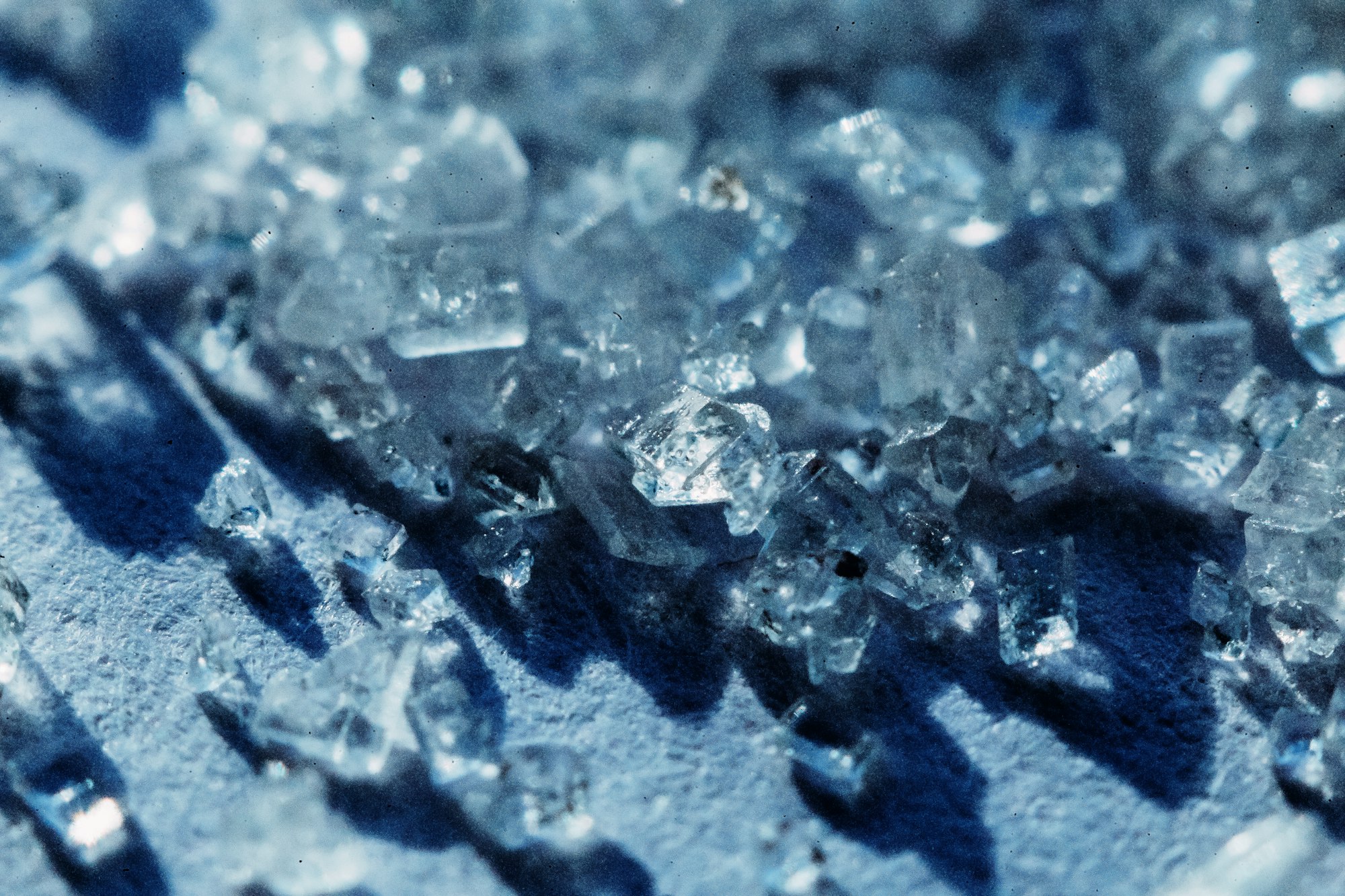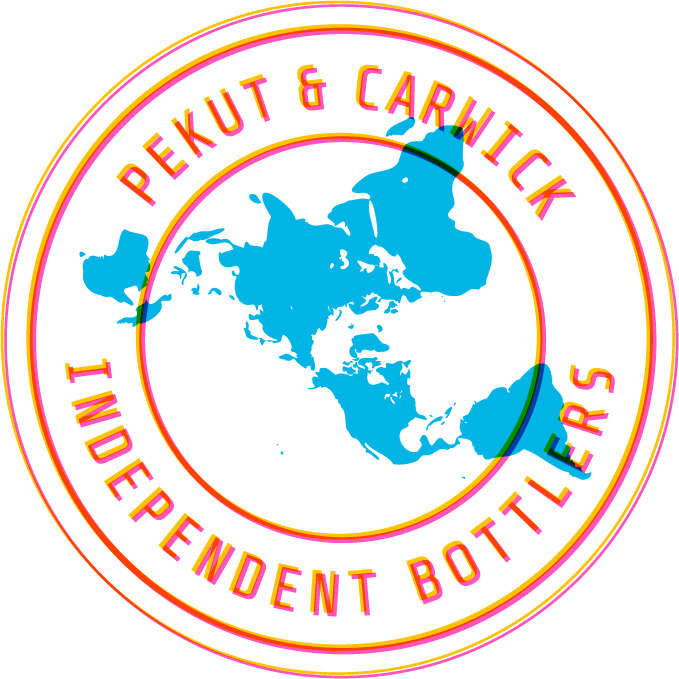The cost of sugar

As you know, we’re nuts about rum. Distillates of sugar cane are the delicious, versatile, and under-sung heroes of the booze world, if you ask us. But the problems with sugar supply chains are immense, and as we’ve only lightly touched on them in these newsletters, we thought we’d take you a little further down the rabbit hole.
When we talk about equity in supply chains that start with agriculture (where do you think the grain came from in your grain-to-glass bourbon?), we are especially, if not exclusively, concerned with labor conditions.
As Alicia Kennedy pointed out in a very good 2020 newsletter (it's free and good, you should sign up!), you can't separate spirits from agriculture. Every distilled spirit begins with a product that is grown, harvested, and fermented before distillation. Whiskey is made from wheat, rye, and barley. Rum is made from fresh cane juice or molasses, both of which came from a sugarcane field. Unsurprisingly, the economics of industrial agriculture and the insatiable human sweet tooth result in large sugar plantations owned by wealthy companies that yield enormous power over their workforces, local governments, and economies.
Large plantations, wealthy companies, enormous power—this isn't a new story.
One of those companies is the Central Romana Corporation in the Dominican Republic and it is an excellent case study in the very real, and very modern, human cost of sugar production. Central Romana has come under fire from humanitarian and aid workers for years because of their exploitative labor practices.
According to a revealing article from Mother Jones in 2021, the Dominican military was kidnapping or coercing Haitian men and boys to work in Central Romana's cane fields as recently as 1991. While they’ve since ceased outright kidnappings (maybe), Central Romana still houses their workers in dismally run-down bateyes, or work camps, where electricity, running water, food, and medical care are in short supply.
Pensions are collected but never distributed to employees, forcing employees to work well into their 80s. Employees handle hazardous pesticides with little or no protection and are forced to go into debt over the inevitable medical fallout. Some employees claim they aren’t allowed to grow their own food, thus ensuring their dependence on the company store, where their debts become insurmountable over time.
All this while Central Romana generates $1.5 billion a year from sugar and its owners, deft hands at lobbying Washington, hob-knob with US presidents and work political channels to maintain their highly profitable business.
Sugar is a modern-day permutation of a much older problem.
As early as 1493, Hispaniola (as Haiti and the Dominican Republic were once called) was home to sugar plantations operated by enslaved peoples. And, if labor atrocities like the ones committed by Central Romana in the name of the world's sweetest commodity market can persist so blatantly into our modern, connected, and supposedly democratic world, Haiti and the Dominican Republic are clearly still struggling with the twin legacies of colonialism and slavery.
Central Romana’s sugar is mostly used by large US food manufacturers or sold as granulated sugar directly to consumers. It is unclear how much, if any, of their sugar makes its way into rum bottles, but that is exactly the problem we face as "woke" consumers, merchants, and otherwise enthusiastic drinkers of rum: a near-total lack of transparency and accountability.
See how quickly we can jump from a fun bottle of rum, through a seething web of supply chains, to a real person who is sick or ill or dead?
Our goal is to trace our rum to its source and to find rum producers who can likewise vouch for the sustainability of their raw materials (sustainability in every sense of the word, from labor practices to environmental protections). For example, we could source our sugar cane products from within the US (we've got our own agriculture and equity problems, but it's a good first step).
And that's the real power of rum—on the one hand, we love it. On the other hand, it's so deep and dark and we've been drinking the pirate/hula-girl Kool-Aid for so long that it's just easier to ignore how fucked up people are getting at the end of the supply chain where the rubber hits the road. Mix in a little consumer guilt, some education, a dose of barstool activism (sprinkle an F-bomb on top if you like it spicy), and we can play the field to advantage to change a supply chain and some antique ideas we should all reconsider anyway.
